In Slavery (Gulamgiri), Jyotirao Phule lays bare the deep ties between social inequality, religious orthodoxy, and exploitation in 19th-century India. A fearless visionary and social reformer, Phule critiques the oppressive caste system and draws compelling parallels between the enslavement of African Americans in the United States and the subjugation of marginalized communities in India.
Through sharp arguments and incisive observations, Phule challenges the Brahmanical dominance, exposing how myths and traditions were weaponized to sustain inequality. This landmark work calls for justice, liberation, and dignity for the oppressed. A bold manifesto for social reform and equality, Slavery remains as relevant today as it was when first penned, inspiring readers to question entrenched systems of power and privilege.
With its combination of historical analysis and unapologetic activism, Jyotirao Phule’s Slavery stands as a powerful testament to the enduring struggle for human rights and social justice
In 1947, Dr. B.R. Ambedkar submitted States and Minorities to the Sub-Committee on Fundamental Rights of the Constituent Assembly of India. As a member of this Sub-Committee, tasked with drafting the Fundamental Rights for the Constitution, Ambedkar created the document on behalf of the Scheduled Caste Federation, an organization he founded in the early 1940s, intending to propose safeguards for the Scheduled Castes.
However, Ambedkar expanded the scope of his mandate. States and Minorities resembled a mini- constitution, featuring a Preamble and draft articles on “Fundamental Rights of Citizens” and “Admission of States into the Union.” It laid out a comprehensive constitutional framework aimed at protecting and empowering the Scheduled Castes. Notably, the document’s section on “Remedies against Invasion of Fundamental Rights” advocated for “State Socialism” and “Economic Democracy.
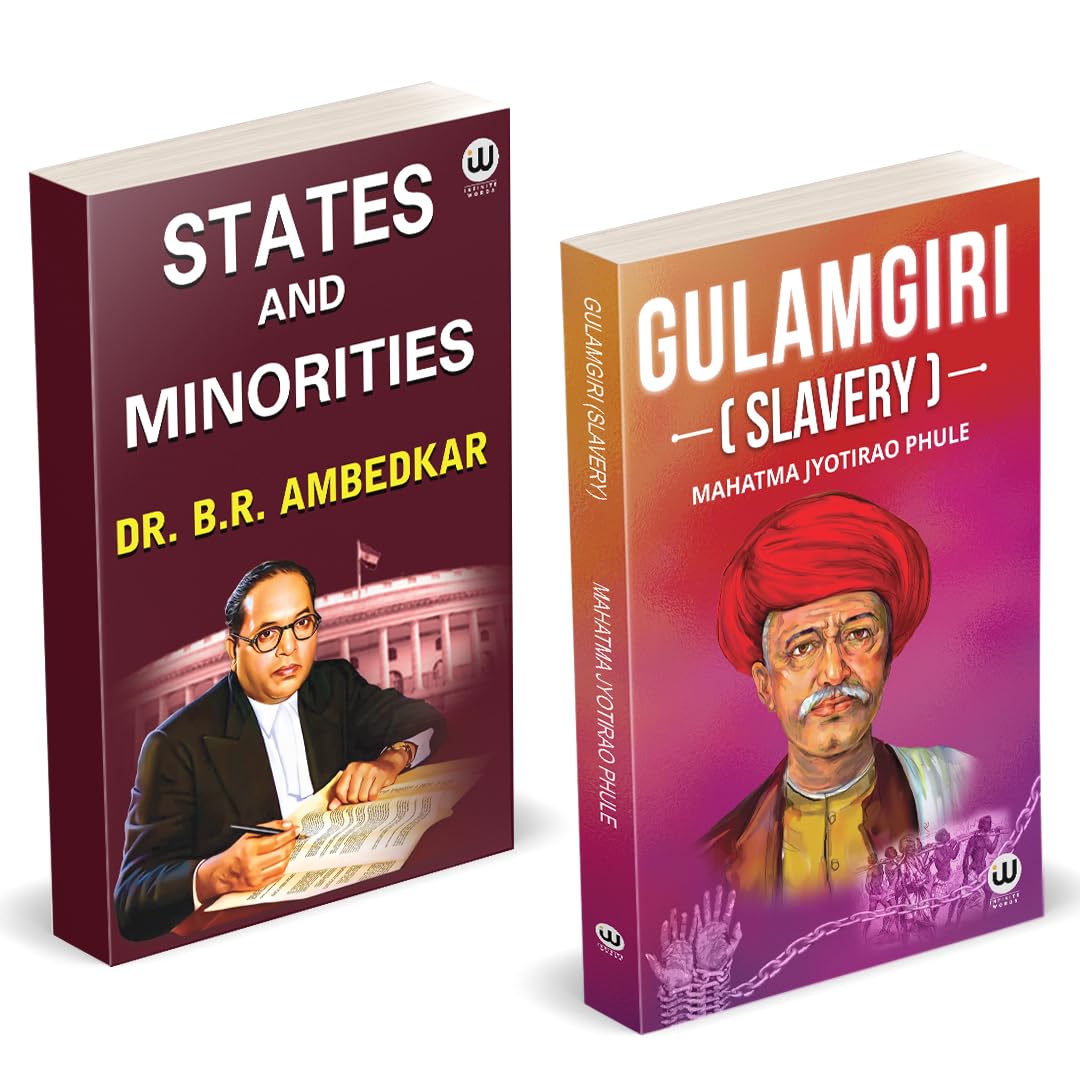
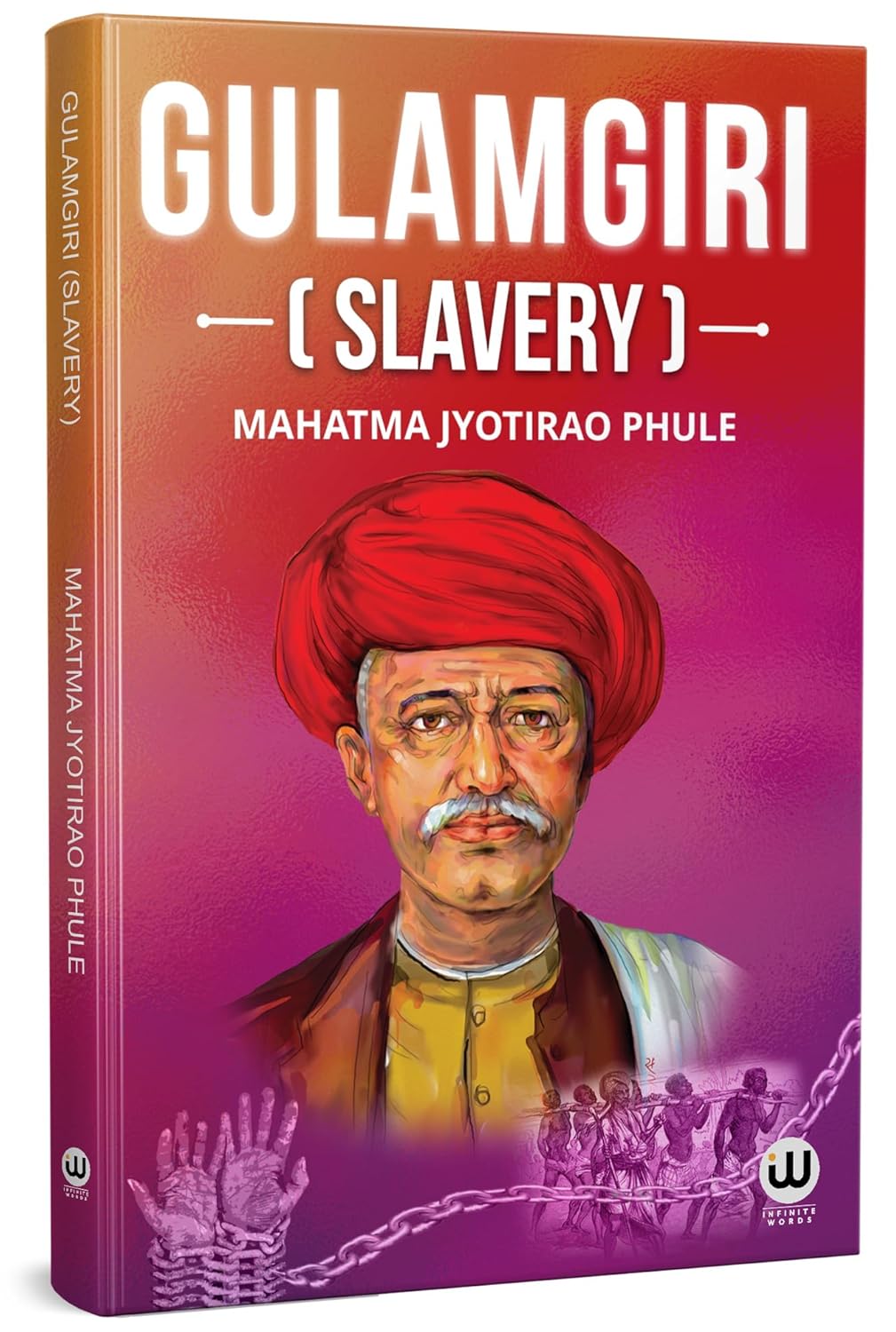
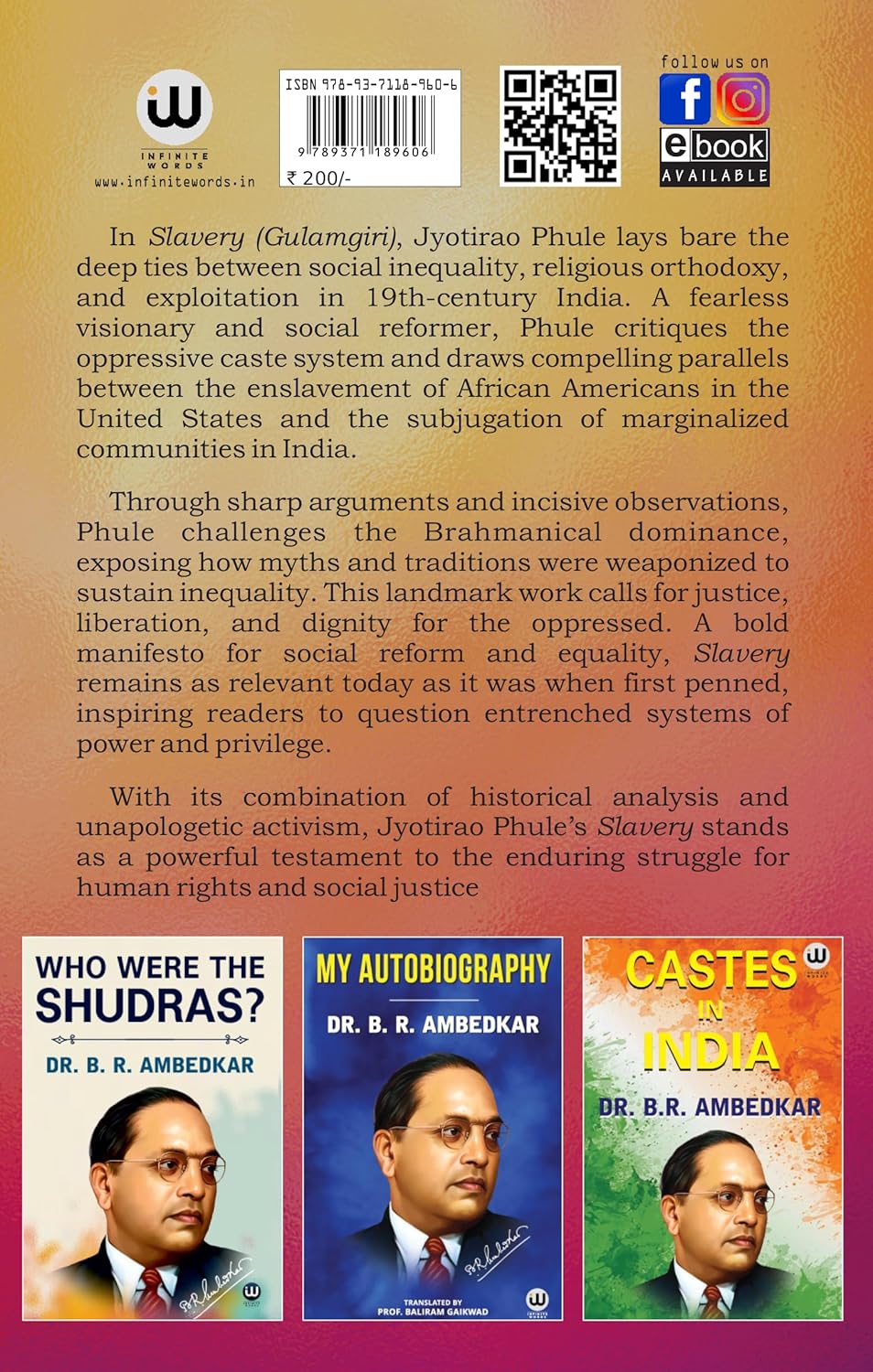
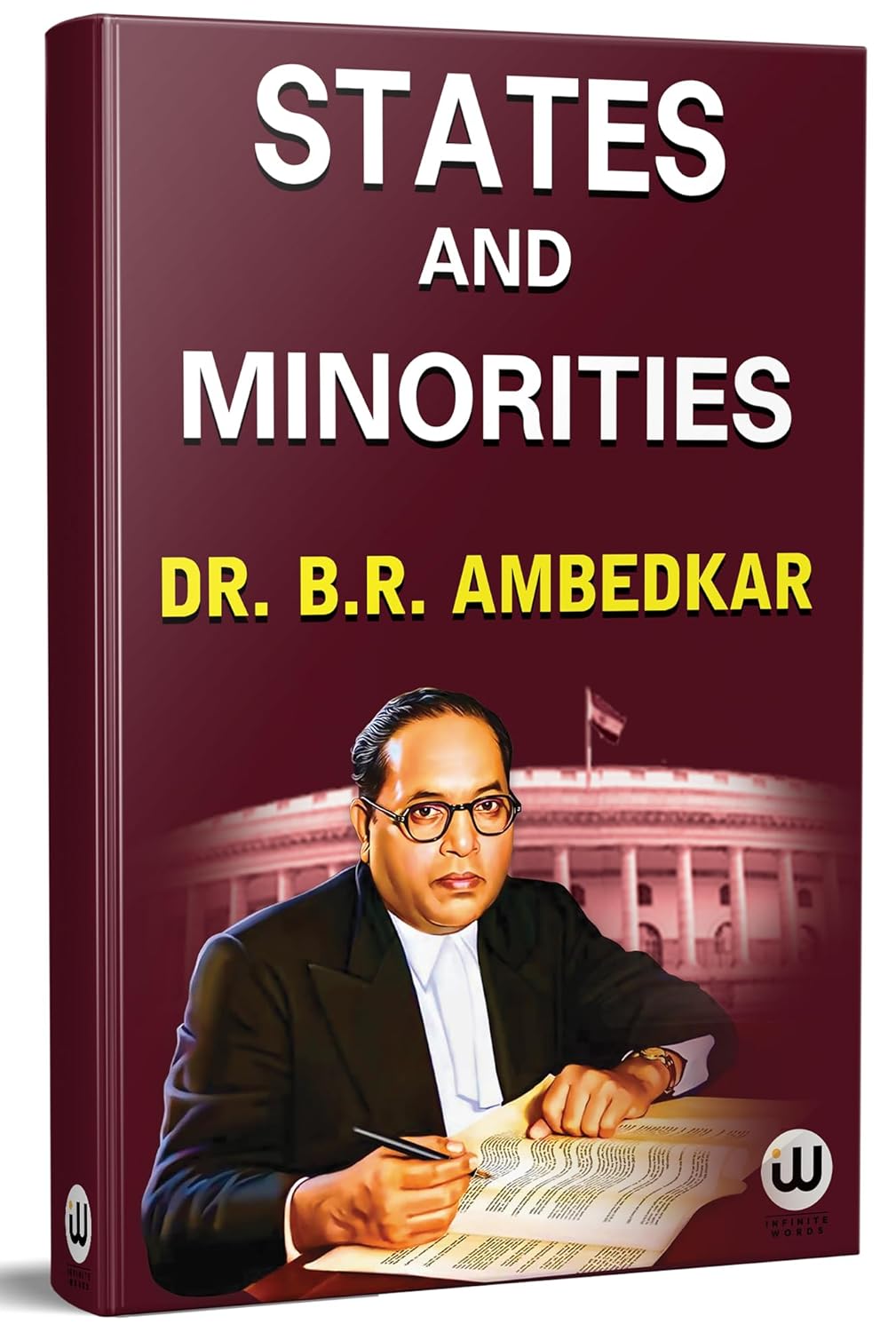
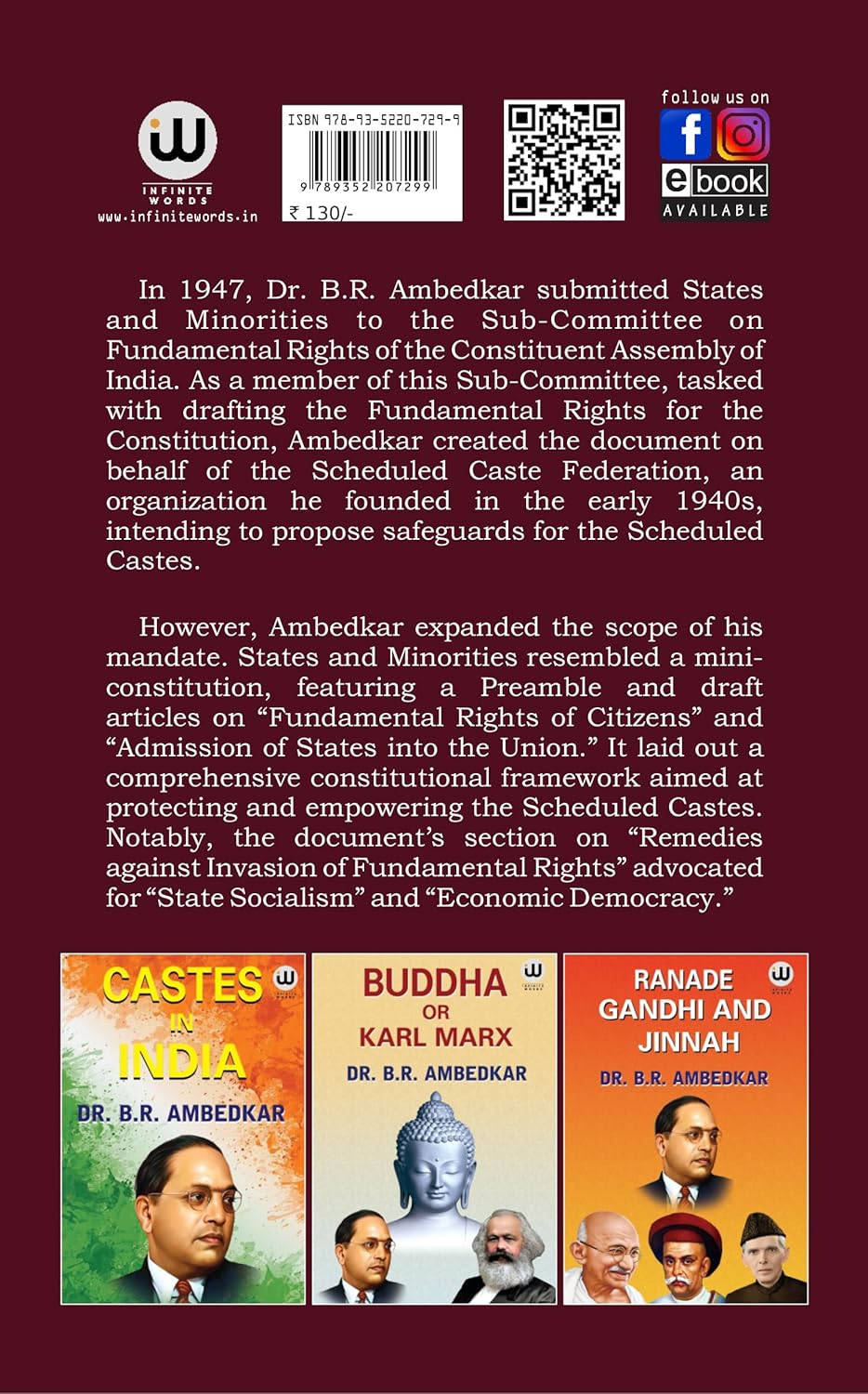





Reviews
There are no reviews yet.